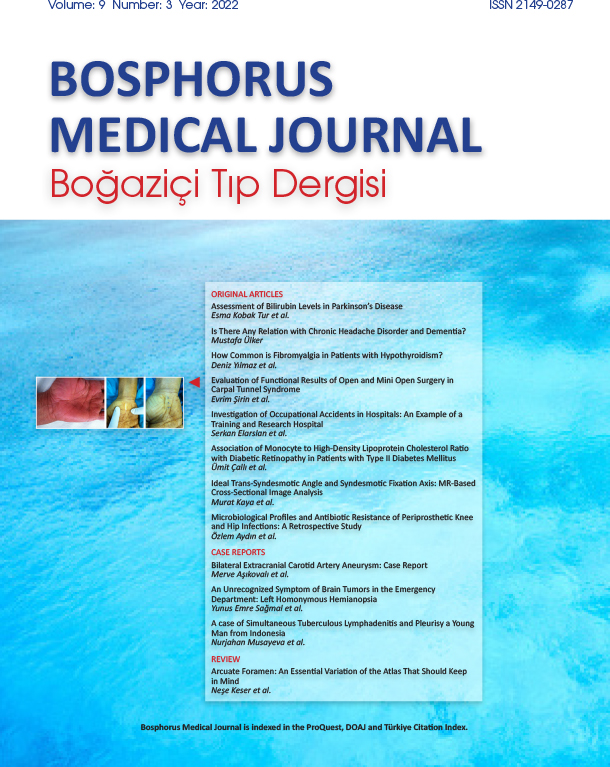The Relation Between L-Carnitine Metabolism and Nutritional Therapy
Deran Dalbudak Sansar1, Burcu Yavunç Yeşilkaya21Department of Nutrition and Dietetics, Fatih Sultan Mehmet Education and Research Hospital, Istanbul, Turkey2Department Of Nutrition And Dietetics, Istanbul Okan University, Istanbul, Turkey
L-carnitine is a molecule involved in transporting long-chain fatty acids to the mitochondrial matrix and has important roles in lipid metabolism. It also has antioxidant properties. They prevent the excretion of compound components, such as propionic acid, as acyl-l-carnitine esters from accumulating in the mitochondria. While 75% of the L-carnitine is supplied by food, 25% can be renewed by endogenous biosynthesis. It is not essential for adults as it is synthesized in the body. L-carnitine, a branched-chain non-essential amino acid, is synthesized in others from the essential amino acids lysine and methionine. The richest sources of L-carnitine administered exogenously through the diet are red meat, fish, chicken and dairy products. In this review, studies on the relationship of L-carnitine metabolism with nutrition and diseases are included.
Keywords: L-carnitine, lipid; mitochondria; metabolism.L-Karnitin Metabolizması ve Beslenme Tedavisi İlişkisi
Deran Dalbudak Sansar1, Burcu Yavunç Yeşilkaya21Fatih Sultan Mehmet Eğitim ve Araştırma Hastanesi, Beslenme ve Diyetetik Bölümü, İstanbul, Türkiye2İstanbul Okan Üniversitesi, Beslenme ve Diyetetik Bölümü, İstanbul, Türkiye
L-karnitin, uzun zincirli yağ asitlerinin mitokondri matriksine transportunda yer alan, lipid metabolizmasında önemli görevlere sahip bir moleküldür. Aynı zamanda antioksidan özelliktedir. Propiyonik asit gibi toksik bileşenlerin açil-l-karnitin esterleri olarak atımını sağlayarak mitokondride birikmesini önlerler. L-karnitinin %75i besinlerle karşılanırken, %25i endojen biyosentez ile sağlanmaktadır. Vücutta sentez edildiğinden dolayı erişkinler için essansiyel değildir. Dallı zincirli non-esansiyel bir amino asit olan L-karnitin, esansiyel olan lizin ve metiyonin aminoasitlerinden genellikle karaciğerde sentezlenir. Eksojen olarak diyet ile alınan L-karnitinin en zengin kaynakları kırmızı et, balık, tavuk ve süt ürünleridir. Bu derlemede L-karnitin metabolizmasının beslenme ve hastalıklarla ilişkisi ile yapılan çalışmalara yer verilmiştir.
Anahtar Kelimeler: L-karnitin, lipit; mitokondri; metabolizma.Manuscript Language: Turkish




















